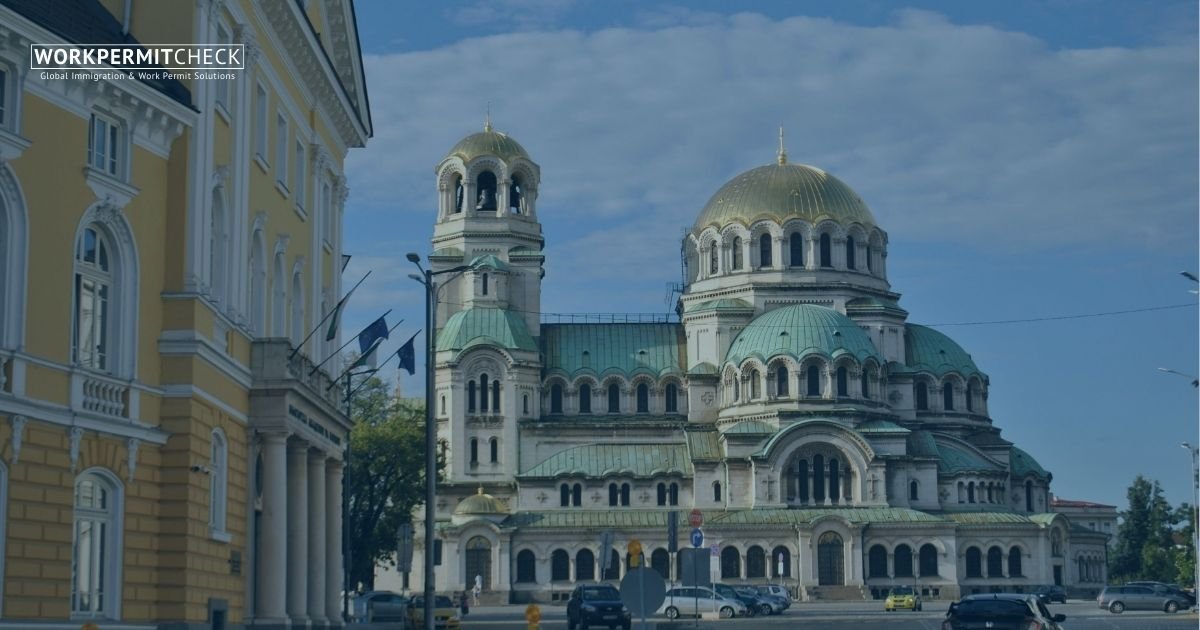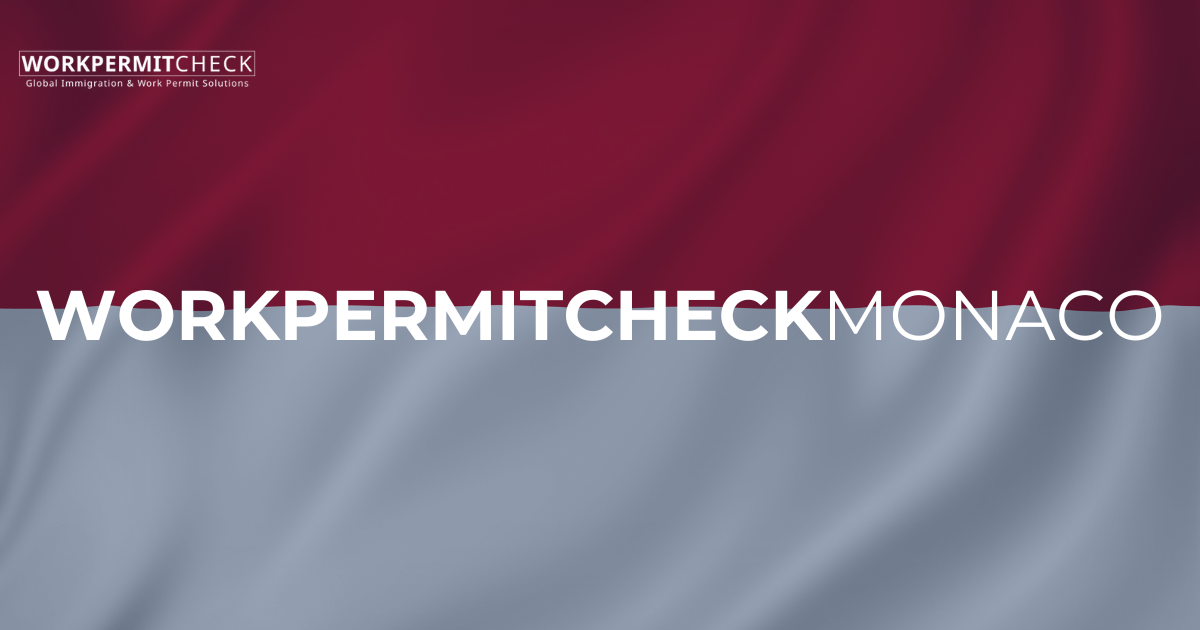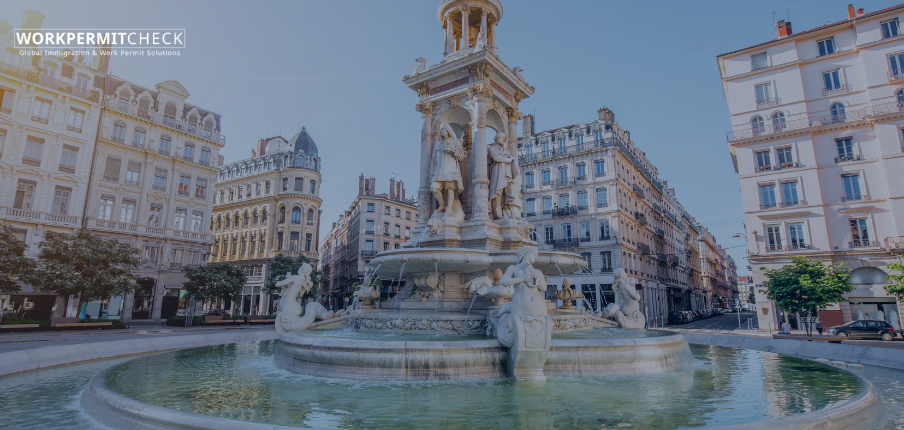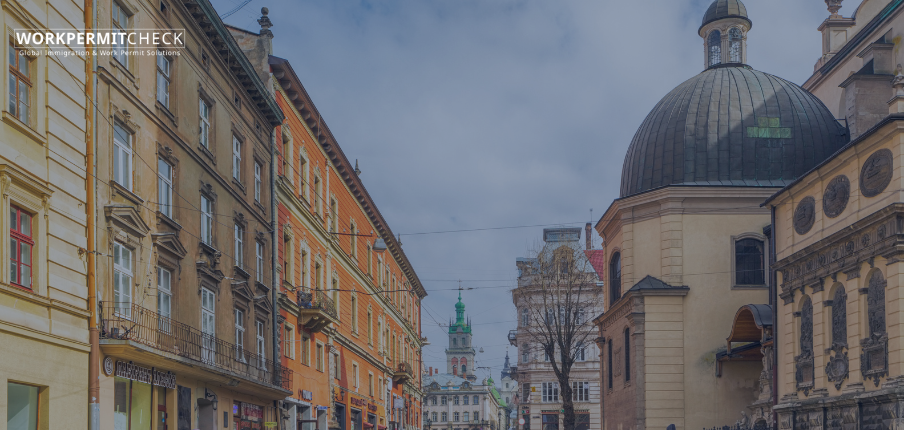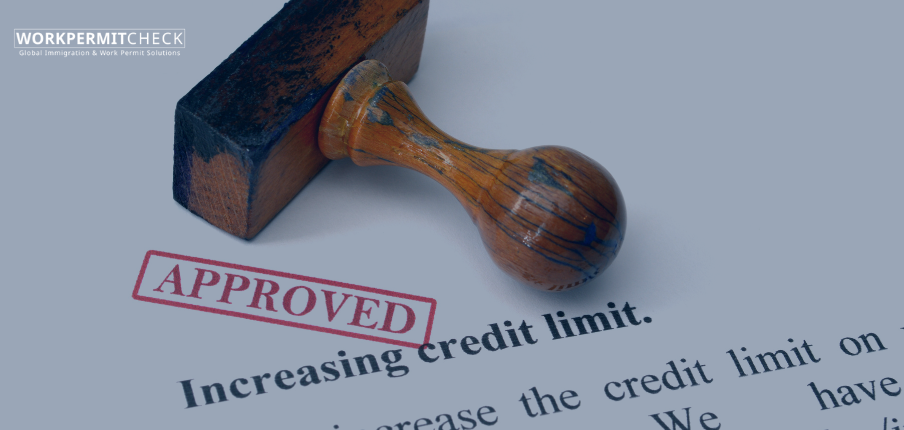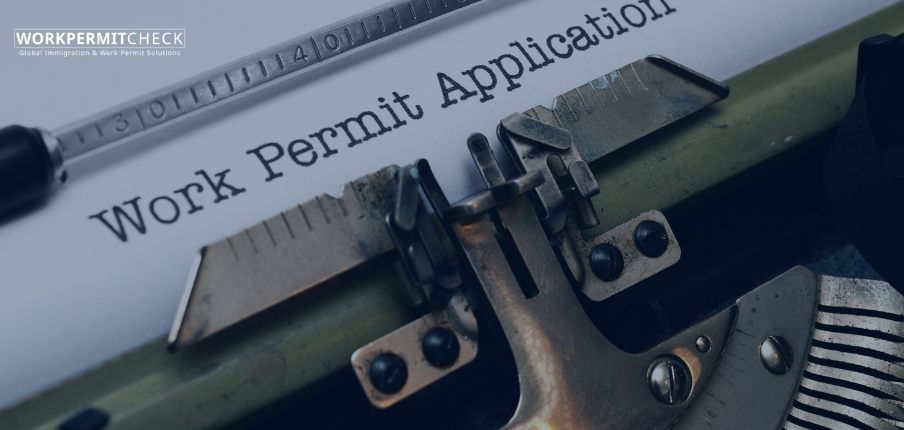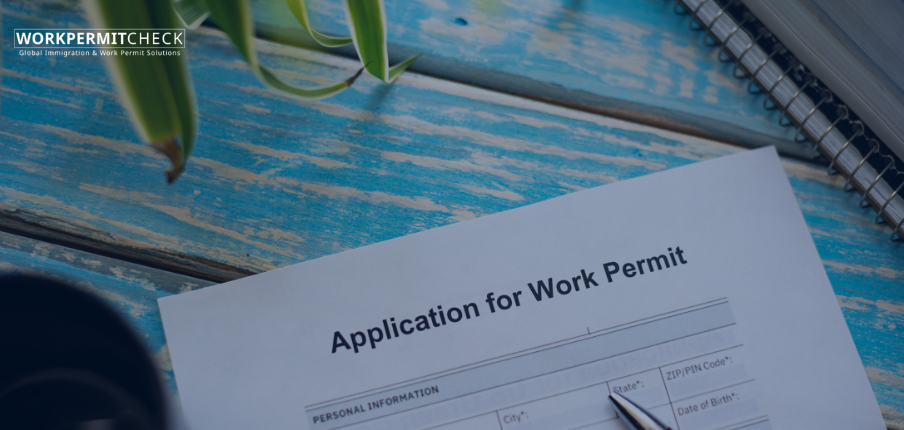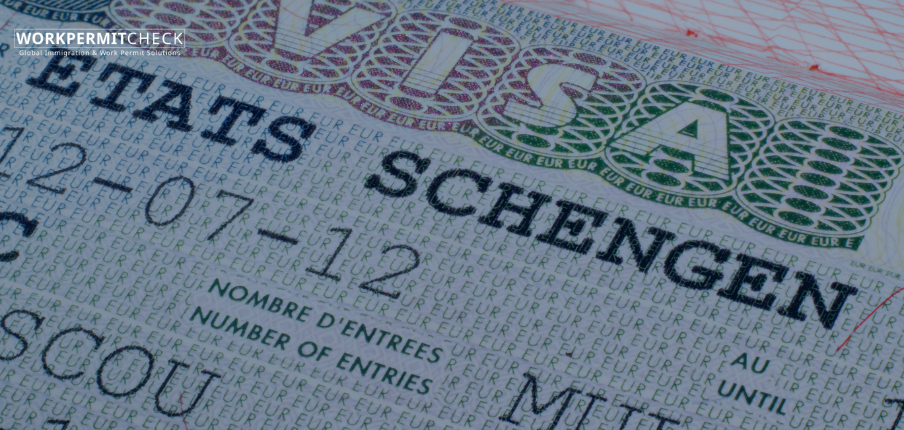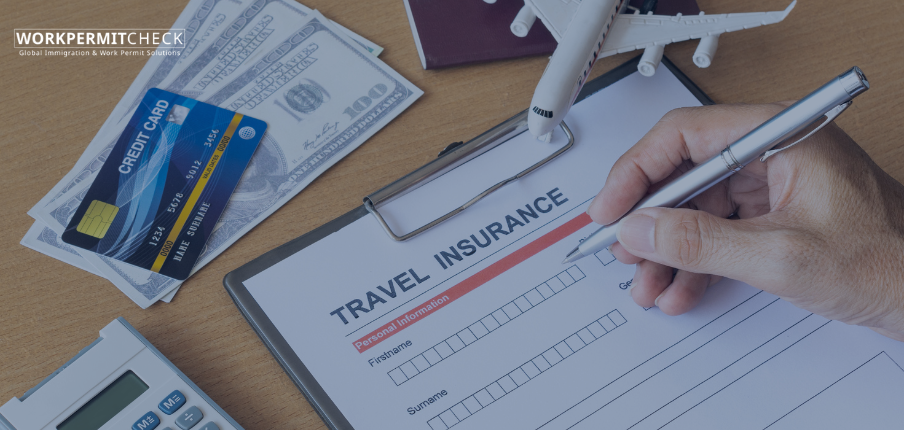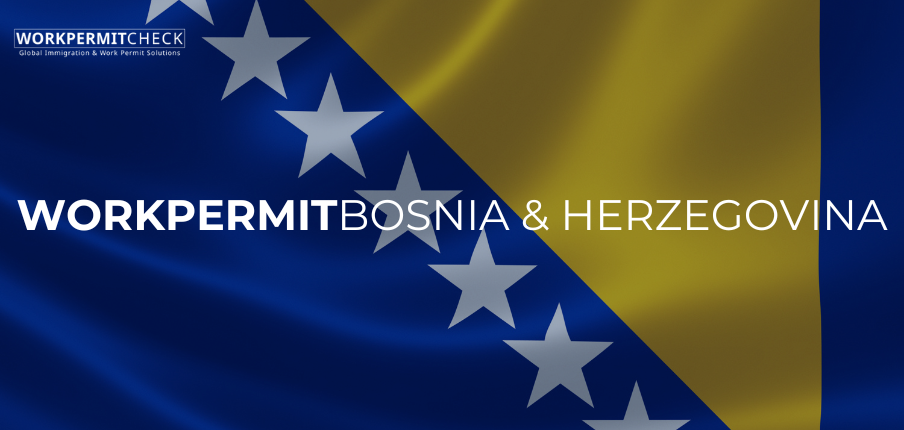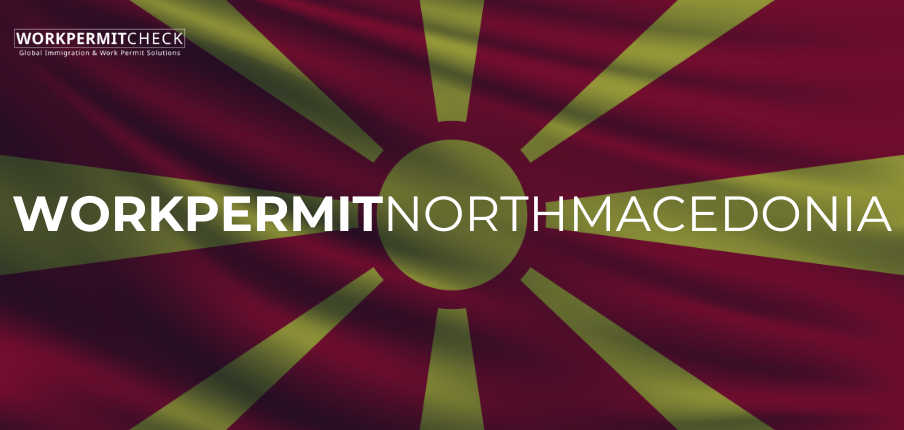Monaco, a small yet dynamic principality on the French Riviera, offers job opportunities across luxury hospitality, finance, construction, and administration.?If you’re planning to work there, understanding the language requirements is an important part of preparing your work visa and job application.
This guide explains which languages are commonly required for work in Monaco, which roles may demand proficiency in French, and how international applicants can prepare.
1. Is French Required to Work in Monaco?
Yes — French is the official and primary working language in Monaco.?Most companies, especially in government services, retail, and hospitality, use French for communication, documentation, and daily operations.
Applicants seeking employment in Monaco are expected to have at least basic to intermediate proficiency (A2–B1 level) in French, depending on the job type.
You may be required to demonstrate your French skills during interviews or through language certificates such as DELF or DALF.
2. Are Other Languages Accepted or Useful?
While French is essential, Monaco’s international environment means other languages are also valued — particularly:
• English, widely used in tourism, banking, luxury services, and multinational firms
• Italian, useful in retail, hospitality, and border-region trade
• German or Russian, valuable in high-end client services, yachting, and real estate
For many positions in the private sector, especially in global companies or English-speaking teams, strong English skills may be sufficient — but a working knowledge of French remains a major advantage.
3. Jobs That Require French Proficiency
Some sectors and roles in Monaco specifically require fluency in French, including:
• Government or administrative offices
• Customer-facing roles (restaurants, hotels, public service)
• Healthcare and education positions
• Legal, accounting, and regulatory professions
For these positions, the ability to read, write, and communicate effectively in French is often mandatory.
4. Jobs Where English Is Often Accepted
You may find positions that do not require fluent French, particularly in:
• International corporations
• IT and digital services
• Finance, banking, and consulting
• Private yachting and maritime services
• Technical or specialist roles with limited client interaction
However, even in such roles, basic conversational French helps with integration, paperwork, and local life.
5. Can You Work in Monaco Without Speaking French?
It’s possible — but limited.?While certain international companies may hire English-speaking employees, most employers still prefer candidates who can communicate in French at least at a basic level.
For long-term residence or career progression, learning French is highly recommended. It also facilitates daily activities like housing, healthcare registration, and public administration.
6. Tips for Learning French Before Employment
• Enroll in a recognized online or in-person French course (A1–B1 level minimum)
• Use language apps like Duolingo or Babbel for daily practice
• Learn industry-specific French terms related to your job
• Practice conversational French through local meetups or online exchanges
Even modest fluency shows initiative and improves your employability in Monaco.
Key Takeaway
To work in Monaco, French remains the dominant professional language, though English and Italian are also widely used across international and service sectors.?While some jobs accept English-only applicants, knowledge of French — even at a basic level — makes your visa process, job search, and everyday life much smoother.
Disclaimer
This article is for informational purposes only and does not constitute legal or immigration advice.?Language requirements may vary depending on your profession, employer, and visa category.?Always verify current conditions with your employer, the Monaco Employment Office (Service de l’Emploi), or the French Consulate before applying for a Monaco work visa.
October 21, 2025




























